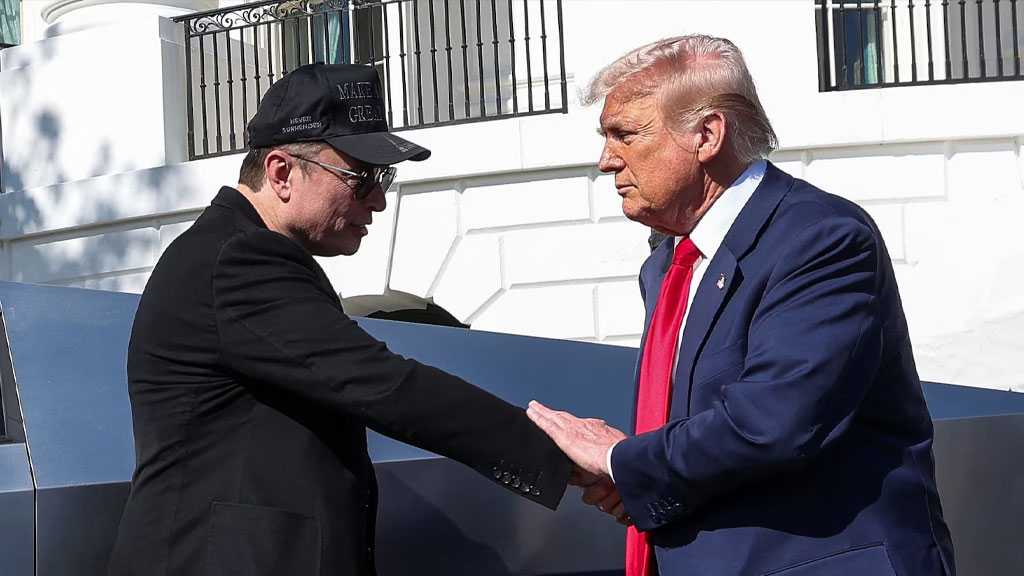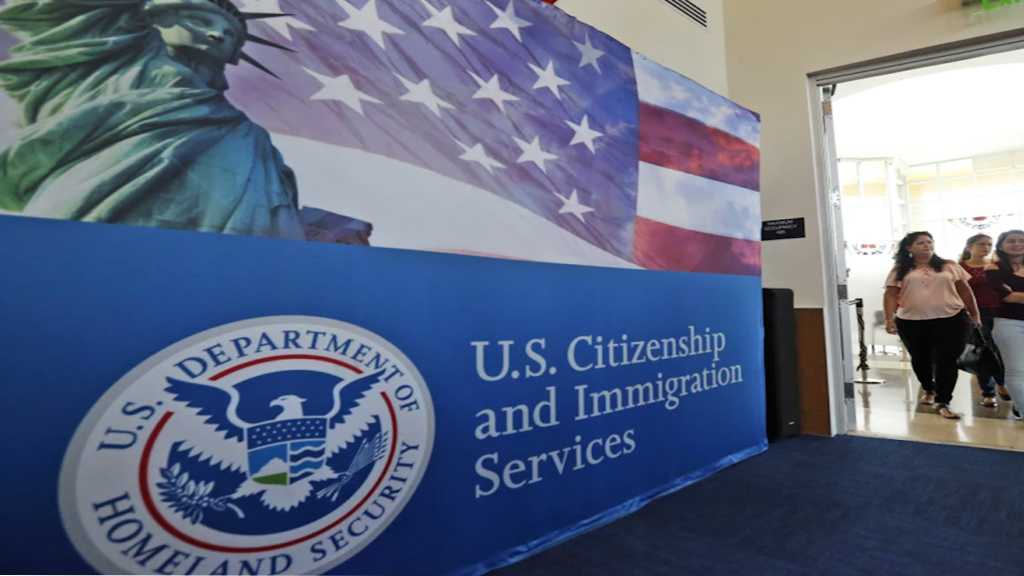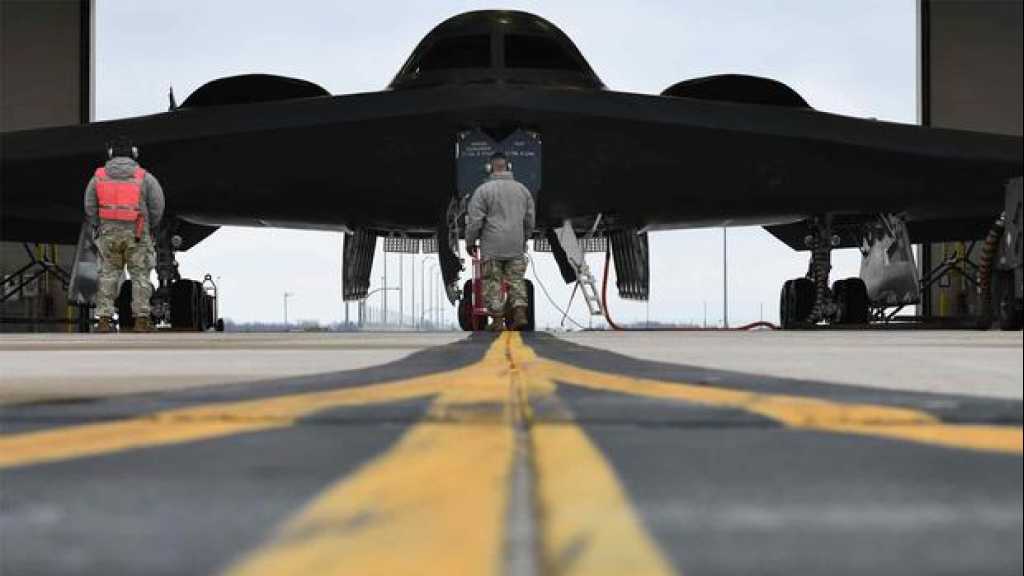Trump’s Auto Tariffs Shake Industry, Give Tesla a Competitive Edge

By Staff, Agencies
The auto tariffs announced by President Trump on Wednesday could significantly impact the industry, with Tesla emerging as a potential winner—or at least less affected than its competitors.
Tesla, led by Elon Musk, manufactures all its US-sold vehicles domestically in California and Texas, meaning its cars are exempt from tariffs on finished vehicles. However, the company will still face increased production costs due to tariffs on imported components like batteries and raw materials.
In contrast, rivals like General Motors and Ford manufacture electric models such as the Chevrolet Equinox EV and Mustang Mach-E in Mexico.
These vehicles, which rely more on imported parts, will become significantly more expensive under the new tariffs.
The precise impact remains uncertain, as the administration has stated that US-sourced components in vehicles assembled in Mexico or Canada will be exempt.
President Trump denied any influence from Musk in the decision-making process, stating, “He’s never asked me for a favor in business whatsoever.”
Despite Tesla’s relative advantage, all automakers will feel the pressure. The tariffs will raise prices across the board, with Canadian and Mexican parts receiving temporary exemptions until further calculations are made. Analysts predict severe disruptions to supply chains, potential production cutbacks, and layoffs.
The financial burden could be substantial, with Bernstein analysts estimating an additional $75 billion in yearly costs for automakers, which would likely be passed on to consumers. Already, affordability is a challenge for many Americans, and price hikes could make budget-friendly models like the South Korean-made Chevrolet Trax even more inaccessible.
The pickup truck market, one of the industry's most profitable segments, could also see shifts. Ford, which builds its F-series pickups in the US, may benefit, while competitors like Toyota, General Motors, and Stellantis' Ram, which manufacture significant numbers of pickups in Mexico, could face higher costs.
Many automakers operate US plants, allowing them to avoid tariffs on some models. Companies like BMW, Toyota, Nissan, Mercedes-Benz and Honda have domestic production facilities. Hyundai also recently inaugurated a new electric vehicle plant in Georgia. However, these manufacturers still import a significant number of cars from Asia and Europe, which will now be subject to a 25% tariff.
Volkswagen is expected to be among the hardest hit. While it produces the Atlas SUV and ID.4 EV in Tennessee, it relies heavily on Mexican factories for models like the Jetta and imports Audi and Porsche vehicles from Europe. The tariffs could further hinder Volkswagen’s long-standing struggle to expand its US market share.
Ultimately, these tariffs introduce uncertainty across the industry, with rising costs likely to impact automakers and consumers alike.
Comments
- Related News



